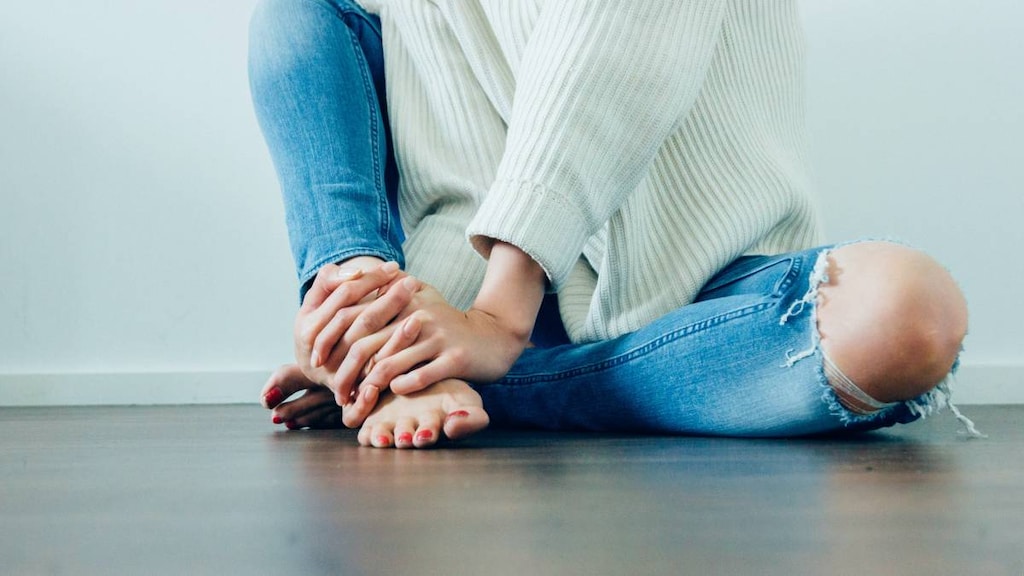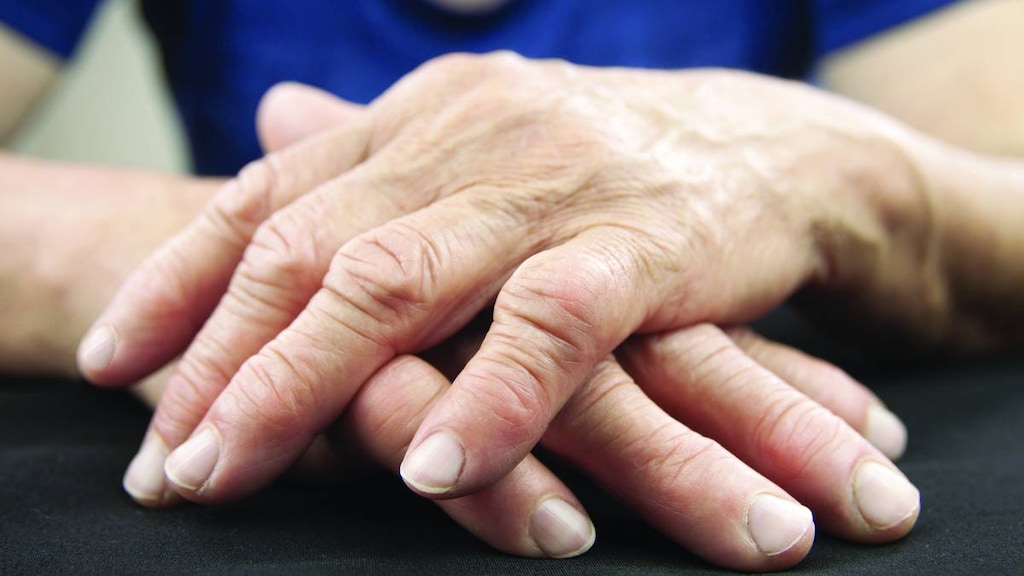What is Plaquenil used for?
- Plaquenil is used to treat or prevent malaria.
- It is used to treat lupus.
- Plaquenil is also used to treat rheumatoid arthritis.
- Plaquenil may be given to you for other reasons. Talk to your doctor.
Before taking Plaquenil, tell your doctor:
- If you are allergic to Plaquenil; any part of this medicine; or any other drugs, foods, or substances. Tell your doctor about the allergy and what signs you had.
- If you have had any eye changes or changes in eyesight due to Plaquenil or drugs like this one.
- If you have psoriasis.
- If you have porphyria.
- If you are taking cimetidine.
- If you are taking any drugs that can cause a certain type of heartbeat that is not normal (prolonged QT interval). There are many drugs that can do this. Ask your doctor or pharmacist if you are not sure.
This is not a list of all drugs or health problems that interact with this medicine.
Tell your doctor and pharmacist about all of your drugs (prescription or OTC, natural products, vitamins) and health problems. You must check to make sure that it is safe for you to take Plaquenil with all of your drugs and health problems. Do not start, stop, or change the dose of any drug without checking with your doctor.
What are some things I need to know or do while I take Plaquenil?
For all uses of Plaquenil:
- Tell all of your health care providers that you take Plaquenil. This includes your doctors, nurses, pharmacists, and dentists.
- A severe eye problem has happened with Plaquenil. This may lead to lasting eyesight problems. The risk may be higher if you have some types of eye or kidney problems. The risk may also be higher with some doses of Plaquenil, if you use Plaquenil for longer than 5 years, or if you take certain other drugs like tamoxifen. Call your doctor right away if you have any eyesight changes like blurred or foggy eyesight, trouble focusing or reading, or trouble seeing in dim light. Call your doctor right away if you lose part of your eyesight, if you see dark spots, or if you see only part of an object.
- Have an eye exam as you have been told by your doctor.
- Have your blood work checked if you are on Plaquenil for a long time. Talk with your doctor.
- Be careful if you have G6PD deficiency. Anemia may happen.
- This medicine may make you sunburn more easily. Use care if you will be in the sun. Tell your doctor if you sunburn easily while taking Plaquenil.
- Low blood sugar has happened with Plaquenil. Sometimes, this has been very bad and could be life-threatening. Talk with the doctor.
- Check your blood sugar as you have been told by your doctor.
- Talk with your doctor before you drink alcohol.
- Low blood cell counts have happened with Plaquenil. If blood cell counts get very low, this can lead to bleeding problems, infections, or anemia. Call your doctor right away if you have signs of infection like fever, chills, or sore throat; any unexplained bruising or bleeding; or if you feel very tired or weak.
- A severe and sometimes deadly reaction has happened. Most of the time, this reaction has signs like fever, rash, or swollen glands with problems in body organs like the liver, kidney, blood, heart, muscles and joints, or lungs. If you have questions, talk with the doctor.
- Keep away from children. Accidental exposure may cause death. If a child takes Plaquenil by accident, get medical help right away.
- Use with care in children. Talk with the doctor.
- If you are 65 or older, use Plaquenil with care. You could have more side effects.
- Tell your doctor if you are pregnant, plan on getting pregnant, or are breast-feeding. You will need to talk about the benefits and risks to you and the baby.
Preventing malaria:
- Other measures are needed along with Plaquenil including using screens, bed netting, insect repellent (10% to 35% DEET), and permethrin spray on clothing and nets. Avoid spraying most insect repellents on children. Lower evening and night-time outdoor activity.
- If you are a pregnant woman and traveling to a malaria infested place, talk to your doctor about the risks first.
How is Plaquenil best taken?
Use Plaquenil as ordered by your doctor. Read all information given to you. Follow all instructions closely.
- Take Plaquenil with food or milk.
- Swallow whole. Do not chew, break, or crush.
- Keep taking Plaquenil as you have been told by your doctor or other health care provider, even if you feel well.
- Do not take antacids or kaolin within 4 hours of Plaquenil.
What do I do if I miss a dose?
- Take a missed dose as soon as you think about it.
- If it is close to the time for your next dose, skip the missed dose and go back to your normal time.
- Do not take 2 doses at the same time or extra doses.
What are the side effects of Plaquenil that I need to call my doctor about immediately?
WARNING/CAUTION: Even though it may be rare, some people may have very bad and sometimes deadly side effects when taking a drug. Tell your doctor or get medical help right away if you have any of the following signs or symptoms that may be related to a very bad side effect:
For all uses of Plaquenil:
- Signs of an allergic reaction, like rash; hives; itching; red, swollen, blistered, or peeling skin with or without fever; wheezing; tightness in the chest or throat; trouble breathing, swallowing, or talking; unusual hoarseness; or swelling of the mouth, face, lips, tongue, or throat.
- Signs of liver problems like dark urine, feeling tired, not hungry, upset stomach or stomach pain, light-colored stools, throwing up, or yellow skin or eyes.
- Signs of low blood sugar like dizziness, headache, feeling sleepy, feeling weak, shaking, a fast heartbeat, confusion, hunger, or sweating.
- Seizures.
- Mood changes.
- If you are planning to harm yourself or the want to harm yourself gets worse.
- Bad dreams.
- Ringing in the ears, hearing loss, or any other changes in hearing.
- Change in balance.
- Trouble controlling body movements.
- Shakiness.
- Muscle weakness.
- Not able to control eye movements.
- Heart problems like heart failure and a certain abnormal heartbeat (prolonged QT interval) have happened with Plaquenil. Sometimes, these heart problems have been deadly. Call your doctor right away if you have a fast or abnormal heartbeat; very bad dizziness or passing out; or shortness of breath, a big weight gain, or swelling in the arms or legs.
- A very bad skin reaction (Stevens-Johnson syndrome/toxic epidermal necrolysis) may happen. It can cause very bad health problems that may not go away, and sometimes death. Get medical help right away if you have signs like red, swollen, blistered, or peeling skin (with or without fever); red or irritated eyes; or sores in your mouth, throat, nose, or eyes.
Preventing malaria:
- Fever that happens while in or after coming back from the malaria area.
What are some other side effects of Plaquenil?
All drugs may cause side effects. However, many people have no side effects or only have minor side effects. Call your doctor or get medical help if any of these side effects or any other side effects bother you or do not go away:
- Dizziness.
- Headache.
- Feeling nervous and excitable.
- Not hungry.
- Weight loss.
- Upset stomach or throwing up.
- Stomach pain or diarrhea.
- Feeling tired or weak.
- Change in color of skin.
- Change in color of hair.
- Hair loss.
These are not all of the side effects that may occur. If you have questions about side effects, call your doctor. Call your doctor for medical advice about side effects.
You may report side effects to the FDA at 1-800-332-1088. You may also report side effects at https://www.fda.gov/medwatch.
If overdose is suspected:
If you think there has been an overdose, call your poison control center or get medical care right away. Be ready to tell or show what was taken, how much, and when it happened.
How do I store and/or throw out Plaquenil?
- Store at room temperature.
- Protect from light.
- Store in a dry place. Do not store in a bathroom.
- Keep all drugs in a safe place. Keep all drugs out of the reach of children and pets.
- Throw away unused or expired drugs. Do not flush down a toilet or pour down a drain unless you are told to do so. Check with your pharmacist if you have questions about the best way to throw out drugs. There may be drug take-back programs in your area.
Consumer information use and disclaimer
- If your symptoms or health problems do not get better or if they become worse, call your doctor.
- Do not share your drugs with others and do not take anyone else's drugs.
- Some drugs may have another patient information leaflet. Check with your pharmacist. If you have any questions about Plaquenil, please talk with your doctor, nurse, pharmacist, or other health care provider.
- If you think there has been an overdose, call your poison control center or get medical care right away. Be ready to tell or show what was taken, how much, and when it happened.
This information should not be used to decide whether or not to take Plaquenil or any other medicine. Only the healthcare provider has the knowledge and training to decide which medicines are right for a specific patient. This information does not endorse any medicine as safe, effective, or approved for treating any patient or health condition. This is only a brief summary of general information about this medicine. It does NOT include all information about the possible uses, directions, warnings, precautions, interactions, adverse effects, or risks that may apply to Plaquenil. This information is not specific medical advice and does not replace information you receive from the healthcare provider. You must talk with the healthcare provider for complete information about the risks and benefits of using this medicine.



